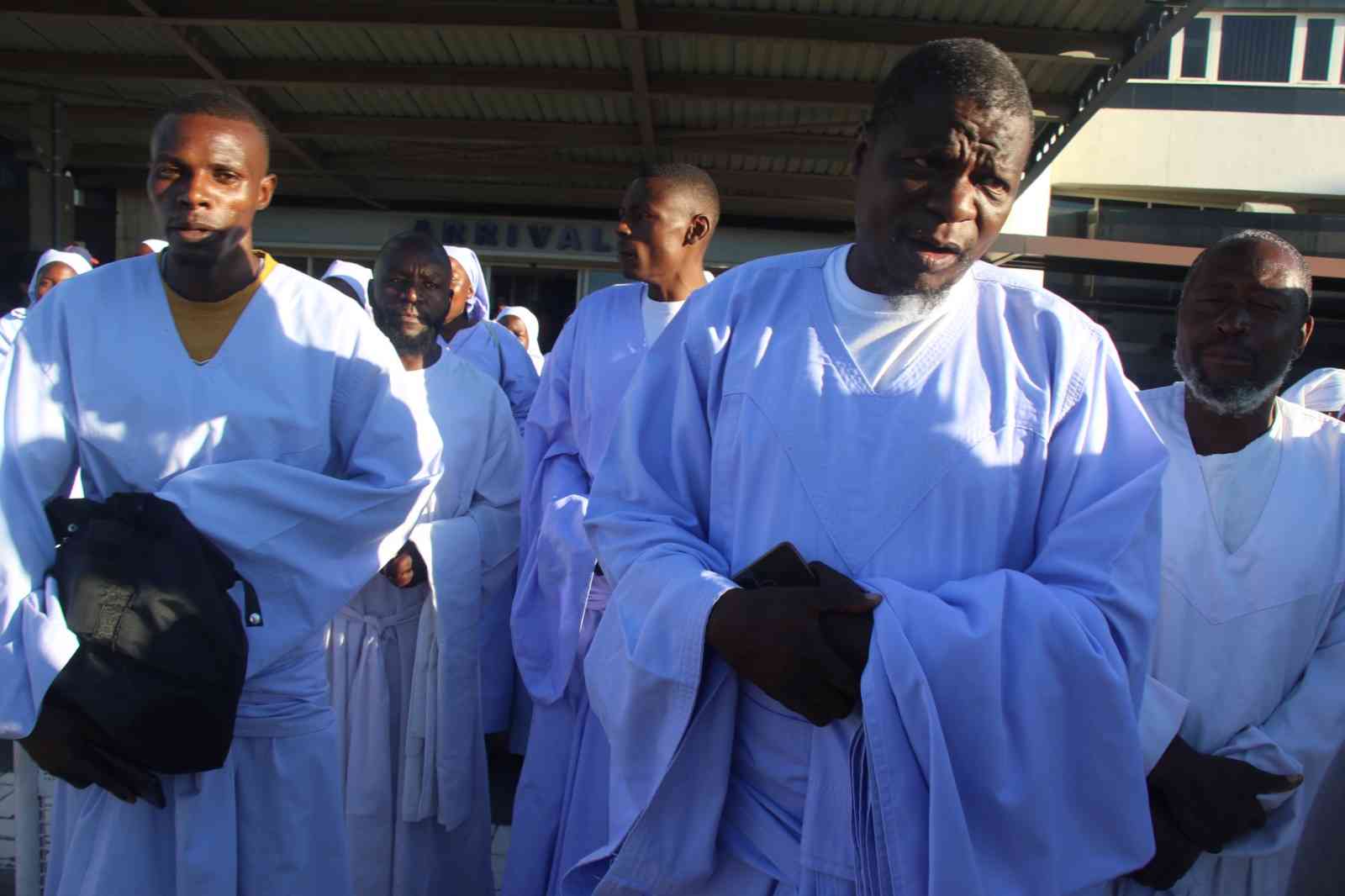
Famed Zimdancehall musician Killer T recently took to social media trashing local awards organisers for giving gongs and certificates which are not accompanied by substantive financial value, in what seems to be a shared sentiment in the music industry.
By Kennedy Nyavaya

The development comes at a time the arts fraternity gears for the annual awards season this year following the introduction of two new awards to be sponsored by Star FM and Power FM in addition to the National Arts Merits Awards (Namas) organised by National Arts Council of Zimbabwe (NACZ).
“Handisikuda zvema awards pliz chikumbiro ndibvisei henyu kusvika makubuditsawo mari pamunopa munhu award yacho [I do not want any of your awards, please exclude me until a time when your awards come with money],” read Killer T’s post, which has since disappeared, on his social media platforms.
The musician’s rant appeared to be directed to his nomination in three categories in the inaugural Star FM music awards to be held on January 25.
“Awards ceremonies are about honouring someone’s work and how well they have done surpassing their counterparts over a certain period of time,” Star FM music awards representative Zandile Ndlovu responded on Thursday.
“Unfortunately, our musicians [in Zimbabwe] are accustomed to money because the industry is not paying well locally, but even then it’s not about money even in the big awards ceremonies in the world like the Grammys.”
NACZ spokesperson Catherine Mthombeni weighed in on the issue saying the awards were not a lottery ticket for artistes to cash in, but a platform for appreciation of outstanding creativity.
- Chamisa under fire over US$120K donation
- Mavhunga puts DeMbare into Chibuku quarterfinals
- Pension funds bet on Cabora Bassa oilfields
- Councils defy govt fire tender directive
Keep Reading
“It is not like we give monetary prizes as our awards, monetary prizes come as a value addition so at times we see that the noise and controversy comes from what we give because people expect money,” said Mthombeni.
Mthombeni described the award as only a “coveted trophy and certificate” and anything else was dependent on the availability of funding or sponsorship.
According to Ndlovu, the encouraging buy-in from corporates did not always translate to a pay cheque for award winners, but went into the logistical organising of the ceremony.
“Artistes should not cry for money. If it is there they will see on the day when they receive the awards,” she said hinting that they had prepared a surprise that “is going to seal it off not only locally, but internationally”.
For long, local artistes have viewed awards as cash cows at a time music sales have ceased to be revenue streams owing to music piracy.
Major awards like the United States’ Annual Grammy Awards do not give physical cheques, but according to an article on South Africa’s Independent Online: “the association to the Grammy’s…does have them (artistes) reaping substantial financial gain in the long run.”
This, however, is far from the case when one looks at the few local organisers still hosting awards to date who appear to have lost credibility owing to adjudication controversies that compromises the s value of the accolades.











